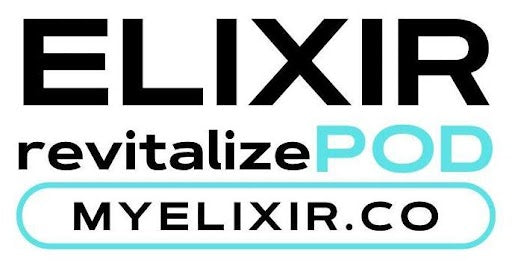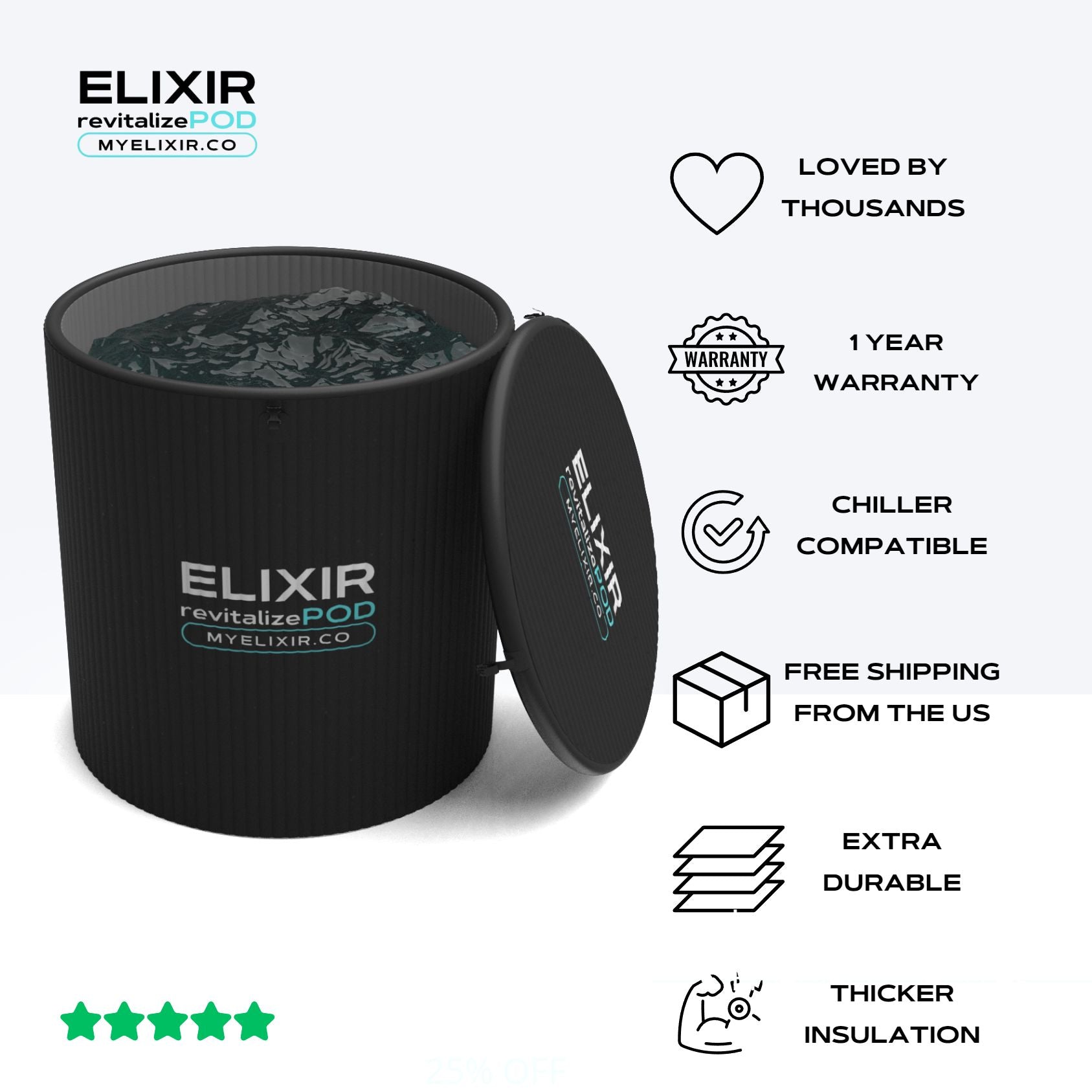What Are Endorphins?
Endorphins are a type of hormone produced naturally by the body. The name comes from a blend of "endogenous" (from within the body) and "morphine" (a pain reliever), which gives you a clue about what they do. Endorphins act as natural painkillers and mood elevators. When they’re released, you may feel calm, focused, or even euphoric.
The body tends to release endorphins during stress, pain, or intense physical activity basically, any situation where you might need a natural boost to keep going. They help reduce the perception of pain and can create a sense of well-being, which is why they’re often referred to as “happy hormones.”
Benefits of Endorphins
Endorphins play a big role in:
- Reducing anxiety and stress
- Improving sleep
- Lifting mood and combating depression
- Reducing physical pain
- Enhancing overall mental clarity
For people looking for natural ways to support their mood or handle daily stress, encouraging endorphin release can be an effective, drug-free approach.
Cold Water Therapy: A Natural Endorphin Trigger
One increasingly popular way to stimulate endorphin release is through cold water therapy—which includes practices like cold plunges, ice baths, or even short cold showers.
Exposing your body to cold water sends it into a mild state of shock. In response, your nervous system fires up, your heart rate increases slightly, and your body begins producing endorphins to help you cope with the sudden stress.
That’s why many people report feeling energised , clear-headed, and uplifted after cold exposure. It’s not just in your head—it’s biochemical.
Cold Showers and Mental Health
There’s growing interest in using cold showers for depression and anxiety. Some researchers suggest that regular cold exposure may help regulate mood by stimulating the sympathetic nervous system and triggering endorphin release, especially beta-endorphins, which are known for producing a feeling of euphoria.
While cold water therapy isn't a replacement for professional treatment, many people find it a helpful complementary practice. It’s also being looked at for its ability to help reset the stress response, support focus, and even encourage healthier sleep.
Other Physical Benefits of Cold Water Therapy
- Improved circulation – Cold water forces blood to move toward vital organs, then rush back out as your body warms up.
- Reduced muscle soreness – Athletes often use ice baths to speed up recovery.
- Boosted immune response – Some studies suggest cold exposure may activate the immune system over time.
- Mental resilience – The discomfort of cold water helps train the mind to stay calm under pressure.
Is Cold Water Therapy Safe for Everyone?
If you're new to cold water exposure, it's important to start slowly. Begin with short bursts—like 30 seconds at the end of a warm shower—and gradually increase your time. People with heart conditions or circulatory issues should consult a doctor first.
Final Thoughts: The Endorphin Advantage
We live in a time when stress, distraction, and low mood can feel like the norm. But your body has built-in tools to help you manage—endorphins being one of the most powerful. By tapping into practices like cold water therapy, you can access these natural mood boosters safely and effectively.
Whether you're taking a cold shower in the morning or jumping into a cold plunge tub, the benefits of cold water therapy go well beyond the physical. It's about clarity, energy, and feeling grounded—one chill at a time.



